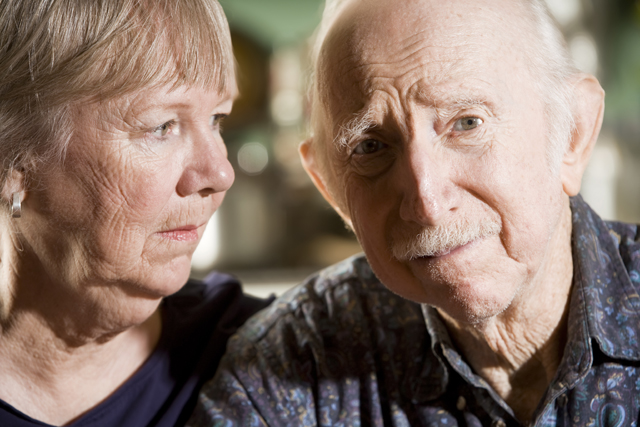It can be difficult to ask for help with aging parents. Caregivers are often overwhelmed by the amount of work required of them and are not specific when asking for help. Others are seen as the “right” sibling for the job. (i.e. Mother needs help. Therefore, her daughter, rather than her son, is seen as the “right” sibling for the job.)
It’s unrealistic to think you can handle everything by yourself, especially if you are raising a family of your own. That plan for caregiving leads to burnout. It will take some doing on your part to get the help you need, but getting even one other helper is well worth the effort. Here are tips you can use to get family to help with aging parents, or an ill or injured spouse.
Is there anybody out there?
People have lots of reasons for not helping out. True, some may be uncaring or lazy. More often, people want to help but may have little or no experience in caring for an elder, and so have no clue how much sacrifice it can take to be a caregiver.
So if you whimper, “Help,” and all you hear are crickets, then you need a plan. Read on for four clear cut tips on whimper-free rallying of your family members and what to do with whatever troops you can muster.
1. Execute one-on-one conversations
Choose one family member and begin a conversation with that relative. This will lessen the chances of your relative feeling ganged up on and, thereby, preclude any defensive or argumentative response to your conversation.
Explain that you need help. Show a list of tasks with which you need help. Ask if they want to cover any of the tasks listed. Maybe suggest things you think your relative good at or interested in. Explain what would be the most help both for you and for your parents.
2. Be specific
Arrange a meeting time, or schedule a phone conversation, when neither of you are likely to be interrupted. If you want help with a specific task, then ask for it specifically. Don’t assume that anyone can read your mind or can decipher your hints or clues.
For example, if you need someone to shop around for the best supplemental health insurance that your parents need, then say so clearly. If you need help covering specific days, then arrange for a family member to handle those days.
3. Keep a chart for each parent
It’s hard for helpers to step in for a caregiver if they don’t really understand what is needed from them. Some may feel set up to fail, and be less likely to assist further. Others may just feel left out of the loop. This feeling of exclusion may also make them less likely to help. The solution to this problem is to write down important things and to keep that information available to your helpers.
Keep a three-ring notebook or simple journal for each loved one. Having one Go-To source for information will not only help you, the caregiver, stay more organized, but will also create a less stressful experience for those helping out. Include sections in each chart such as the daily routine, lists of meds and dosing instructions, upcoming outings, etc.
4. Post an up-to-date chore board
Caregivers often burn out because there an endless supply of errands and household tasks that need doing, aside from the companionship and care they already supply. Keep an updated list of all these must-do tasks and post it where you and helpers can easily check it. Having the list close by will make it easy to check or update. For instance, a family member might call and say they have a free block of time and is there anything they can do to help out. You quickly glance at the list and assign a task or two that they can complete.
Your “Need Help With” list can save you and your team time and stress. It might include:
- Fetch prescription refills
- Pay bills / balance checkbook
- Grocery Shop
- Cooking
- Laundry
The squeaky wheel
That the squeaky wheel is the one getting grease might seem unfair to the other three wheels, but it makes perfect sense. If you need help, you need to say so in order to get it. Don’t take anger or hard feelings about the lack of help you have received before from your family members into these conversations. Discuss your needs calmly and specifically to achieve more help from family. That way you can have some well-deserved time to take care of yourself.
For more caregiver tips visit our blog. If you require professional assistance in caring for your loved one, call us today.
Home Helpers of Appleton and Southeast Wisconsin is a locally-owned, trusted home health care agency and offers quality, compassionate senior in-home care services including home care assistance, personal care, companion care, respite care, Alzheimer’s & dementia care as well as homemaker services in Appleton, Oshkosh, Neenah, Grand Chute, Menasha, Little Chute, Greenville, and Kaukauna.



